Following on from earlier posts reflecting on the UKFIET-DfID event in December, I’d like to share five questions that I left that discussion with.
- What is our model of development?Angela Little has already asked what should be the supergoal for development and I want to stress this point in a slightly different way by suggesting that part of the problem with the MDGs, EFA and the various post-2015 ideas on offer is that most of these are unclear about what their ultimate purpose is. Like Angela, I favour some version of human flourishing, but my main issue is that the issue of ultimate purpose is not being addressed in ways that make for coherence and increase the likelihood of achieving any “supergoal”.
- What is our model of education?Following on from this, there continues to be a lot of discussion about education goals that implicitly maintains two fallacies. First, that education equals schooling and, second, that schooling is always a good thing. Yet, we know that neither is true. So, it is vital that we are more explicit about what education we want.
- What role does education play in development?Clearly, this depends hugely on how we answer the first two questions. The big development theories around at present tend to cluster into those which take a human capital view of this – education is an investment that promotes individual and national productivity and competitiveness resulting in higher incomes and development – or a human rights perspective – education is both a human right and an instrument in realising other human rights. However, what is more striking is that education often is largely an irrelevance to major development accounts (cf. my 2010 paper on education‘s place in development economics).
- What role does education play in supporting other development goals?This is subsidiary to the previous question on one level, but it stands alone in the sense of pointing to a more mid-range question of whether we have an account of how education supports other goals. For instance, we can take the health and development cooperation MDGs and ask what education does or could do to enhance the achievement of these goals. Yet, it is striking that this is something that we very rarely do. Perhaps this is in part because of the tyranny of primary schooling over our thinking regarding education and development. When we do have an answer, it tends to be either an econometric faith in the wider benefits of learning (schooling automatically has positive effects on development more generally) or recourse to the vagueness of life skills programmes (we can teach better health behaviours, etc. in school). However, my point is that development processes are about learning and capacitation and adult, vocational, professional and higher education are central to these, yet are poorly articulated.
- What are meaningful education goals?This partly depends on whether we are thinking about getting education goals into a post-MDG big list or are thinking about a post-EFA set of goals for education per se. As Angela Little notes, it also depends on whether we are talking about national or global goals, for the two do not need to be identical. Equally, we need to guard against the seductiveness of goals, when they are in the form of targets. We need to consider what is really important that can’t be left to targets. We need to ensure that this doesn’t get crowded out. We know that targets can have unintended consequences so we need to take this into account when devising them.
There are other questions that need considering, not least regarding the role of the types of organisations represented at the dialogue: government, INGOs, thinktanks and universities, but these five are challenging enough to focus on for now.

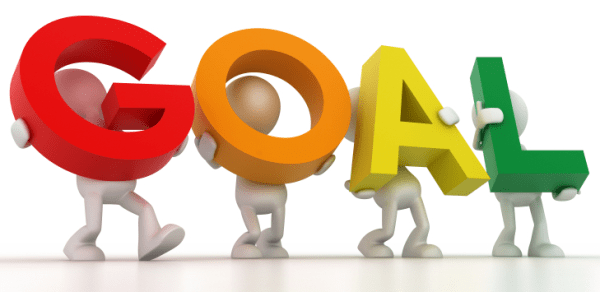
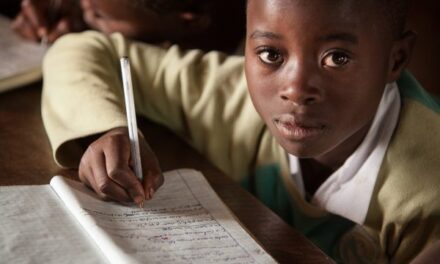
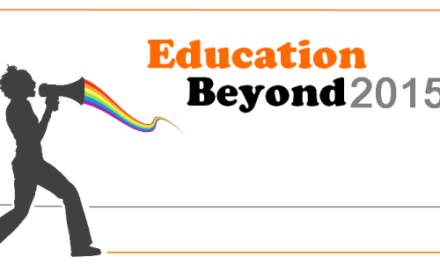
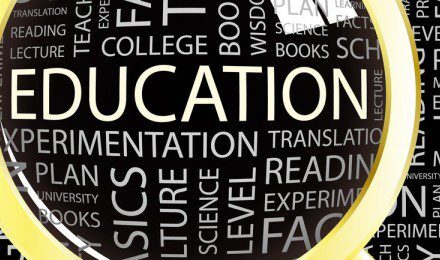
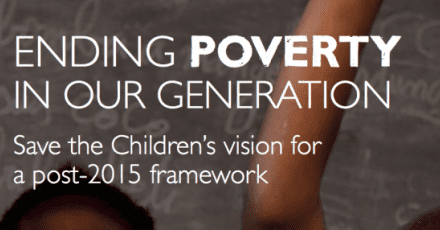
This blogs cocludes, the educational aspects in very easiest way.
Thanks for sharing.